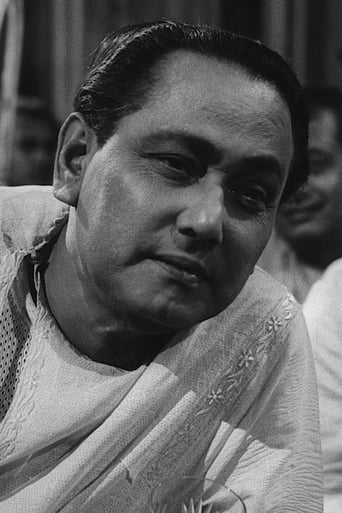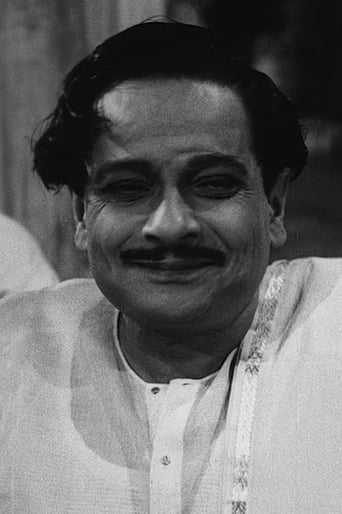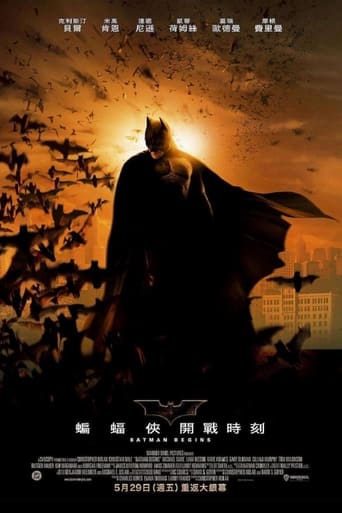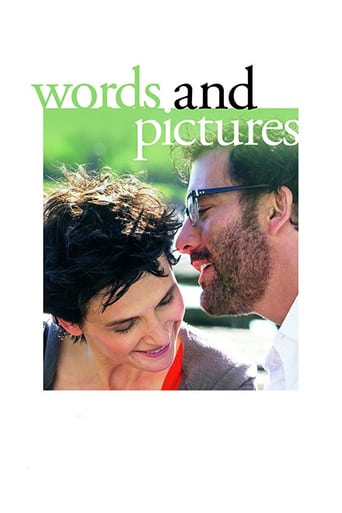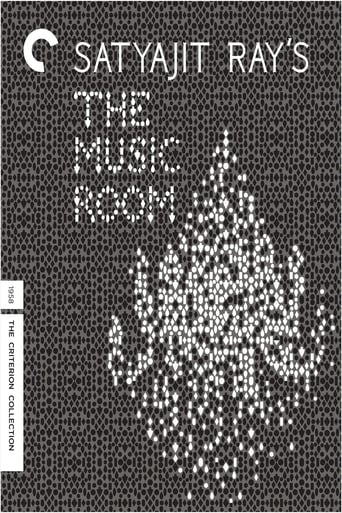
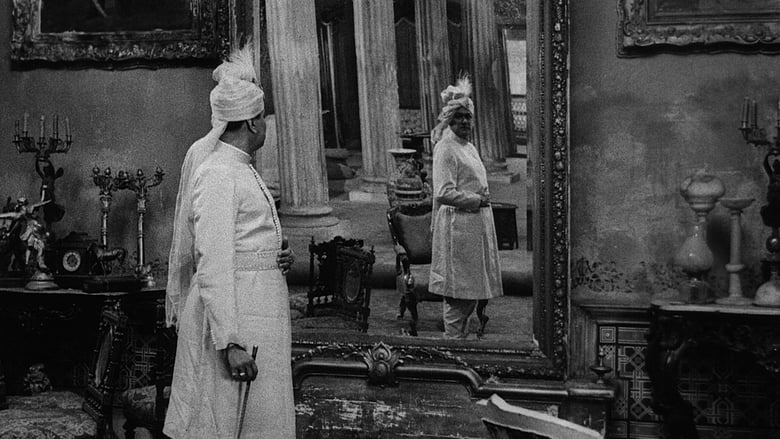
The Music Room (1963)
A wealthy landlord lives a decadent life with his wife and son. His passion – his wife would calls it his addiction – is music, and he spends a great deal of his fortune on concerts held for the locals in his magnificent music room. He feels threatened by his neighbour, a commoner who has attained riches through business dealings. His passion for music and quest for social respect are his undoing, as he sacrifices his family and wealth trying to retain it.
Watch Trailer
Cast
Similar titles
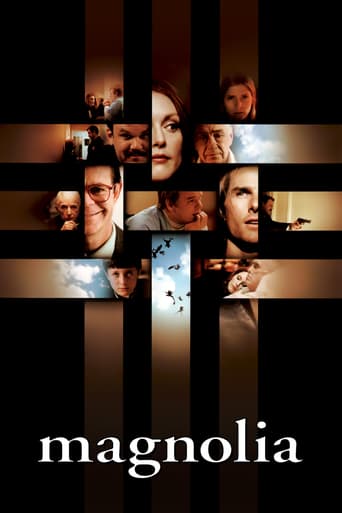
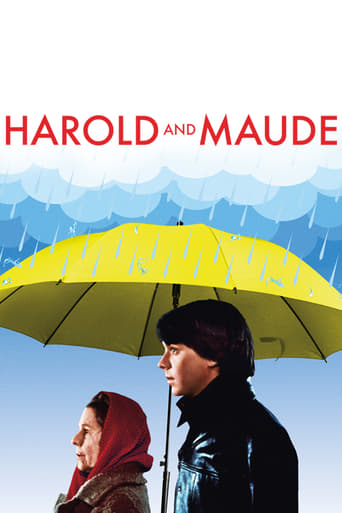
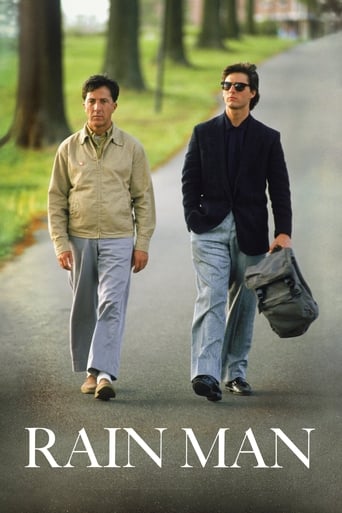
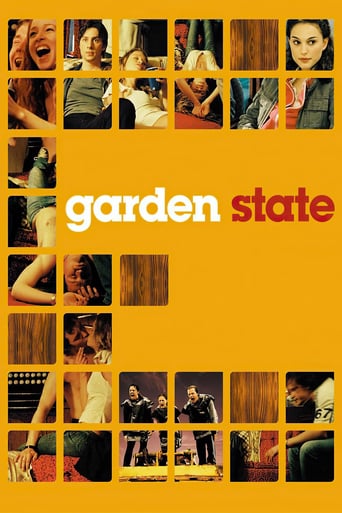

Reviews
Wow! Such a good movie.
Instead, you get a movie that's enjoyable enough, but leaves you feeling like it could have been much, much more.
The acting in this movie is really good.
The plot isn't so bad, but the pace of storytelling is too slow which makes people bored. Certain moments are so obvious and unnecessary for the main plot. I would've fast-forwarded those moments if it was an online streaming. The ending looks like implying a sequel, not sure if this movie will get one
I avoided watching this for a long time, leaving it to sit in my queue of DVR'd foreign films for at least six months, thinking its plot wouldn't be compelling. What kept the film in my lineup was its direction by Satyajit Ray; with Ray at the helm, I couldn't believe the film could be bad. And I am very glad I finally gave this movie a chance. Here in 1920s India we meet the decadent landlord Roy (Chhabi Biswas), an idle man who finds himself threatened by changing times that allow people who weren't born to privilege to better themselves through hard work. Roy is a classic example of the type of person who doesn't appreciate what he has. He has squandered the goodwill of his lovely wife (Padma Devi), who would rather sleep in their son's room, and though he enjoys his 13-ish son (Pinaki Sengupta), he isn't willing to accompany the family on a sick call and he cavalierly calls them back home when bad weather threatens. Roy encounters the worst kind of karma for putting his love of leisure and music above all else. However, along the way we are treated to three performances of classic Indian music and dance that are truly hypnotizing. I felt myself being skeptical of the strange sounds at first, only to lose myself in their intriguing melodies and rhythms. Bravo to director Ray for filming these stunning sequences in their entirety!As in every Ray film that I have viewed, there is a wealth of stunning imagery here...in the form of a ghostly white horse, the family elephant, which also serves as transportation, and shocking imagery from the insect world. The film absolutely grips one's heart as we observe the too-late-chastened patriarch clasping the body of his departed heir. This film takes some patience and focus but it is definitely worth the effort. Special praise should go to Kali Sarkar as Roy's intelligent and loyal servant and to the young Sengupta as a boy whose life is cut short in a cyclone. Both parts are small, but powerfully played.
This was seen in the monthly Foreign Film Series in a society for retired university (KU) peeps. This 1958 story is remarkably subtle, about the advancing age and declining wealth of a higher caste Indian man, a Zamindar (landlord), whose income from his inherited lands is dropping from the previous levels of his wealthy ancestors because increasing river floods have lessened his rentable property and income. He's unable to adjust his manner of living to either that change or simultaneous changes in the Indian economy that lead to new economic benefits and social mobility for many in lower castes. He's especially irritated at his nouveau riche lower caste new next door neighbor whose income comes from money lending rather than through inherited property and wealth; he engages in expensive rival concerts which he cannot truly afford and these leave him even poorer. Through two extended flashbacks we learn he had been married and had a son (16? 18?); both wife and son died together on a trip. So he's alone for many years. While Indian music is his primary comfort (played in "the music room" of his palatial home), he also begins to use it as his primary club against his "upstart" neighbor. As he ages we see his memory decline, e.g., asking one of his two remaining servants, "What month is this?" before he presents one last concert for invited guests (and to belittle his rival, his lower caste neighbor, an included guest) before he then embarks on an activity which leads to his death. Great examples of Indian music (but the closed captions on the DVD we saw had white type/lettering which sometimes was not very legible against its background). The movie also very subtly raises the question -- to what extent is this person (one's self or relative or friend) going through parallel sequences in the getting old process?
The Music Room is my favorite S. Ray film, and I came around to seeing it very late in the game. I do not hesitate when I say that it is perfect, and contains the single greatest musical number ever set to film. It amazes me when I pop in a picture made 50 years ago and learn so much from it, and am moved and shocked and carried by its honest emotions in a way that makes the Music Room feel so modern. It is now available in a tremendous Criterion version, so there should be no excuse on the part of cinephiles to miss this film. I introduce it to as many people as I can, and I consider it an act of kindness paid forward.
In the fourth feature film directed by Satyajit Ray, Jalsaghar, we are treated to a magnificent spectacle of musical performances, Hindu dance, and a powerful film thrown some place in the mix. Jalsaghar tells the gloomy tale of a landlord living in Bengal whom has just lost his wife and beloved son in a horrid boating accident. The landlord, Roy (Chhabi Biswas), takes to a basic role of silence and mourning by spending his days sitting aside his hookah to pass the time. Biswas is exceptional in his performance of Roy by revealing a side to the character of near-perfect emptiness in a human being; he shows us what the empty body of a man can become.The film is a decorative wonder to watch and hear to any degree. A graceful and vivid use of cinematography brings out the rich and sweeping palace in which Roy spends his time. Various close-ups of chandeliers and jewelry create a montage of empty wealth. Later on in the film when we are introduced to the many performances which will be carried out in the landlord's music room, the film comes full circle as an audio delight as well. Beautiful Hindu compositions are performed in full length throughout sweeping-music video like coverage scanning the pitch-perfect vocalists on to the unique Indian instruments tooting away. As the music grows to inspire Roy to overcome his grief, we grow along with Roy and feel the inspiration of the songs as well.Despite its depressing subject matter, Jalsaghar is a great delight throughout its in entire runtime. Sympathizing with the victimized Roy as well as his loyal and motivational subjects, you will really overcome an exquisite experience as the characters try to pick Roy's spirits up through words, song, and dance. Overall this is a must-see film for anyone with a passion for film, music, or both although it is recommended you enter in good spirt.
